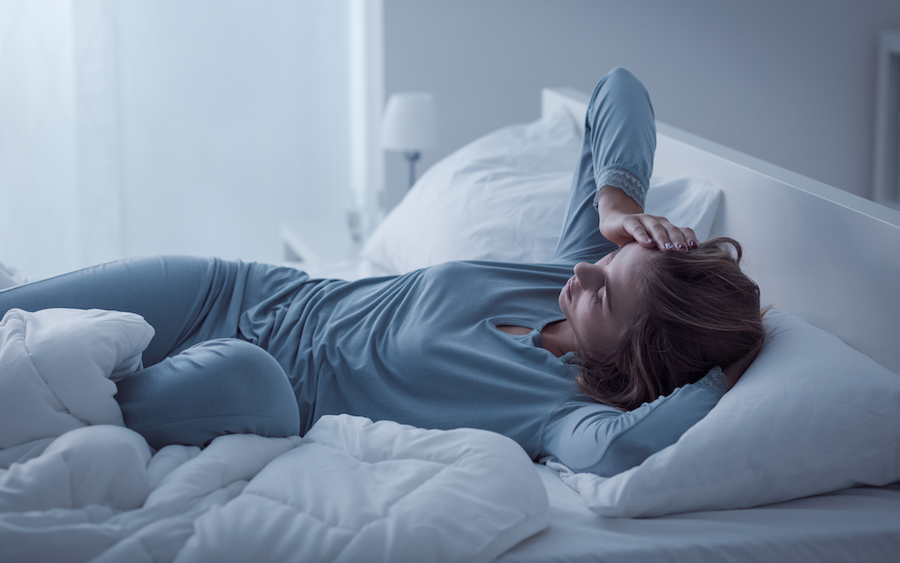Ask a doctor: Are night sweats anything to worry about?
Do you ever wake up drenched or clammy, when it’s not particularly hot – or even when it’s cold? Lots of people have occasional night sweats…but why?
Dr Clare Morrison, GP at online doctor and pharmacy MedExpress.co.uk, says: “Night sweats are a relatively common symptom, with many possible causes. Fortunately for most, night sweats usually have an innocent explanation, but there are exceptions.
“Virtually anything that causes excessive daytime sweating will cause night sweats. The most common include fever, usually caused by infections. These can range from common illnesses such as flu; or rarer ones, including TB, osteomyelitis (infection of the bone), endocarditis (infection of a heart valve) and HIV.
“Several different drugs can cause night sweats, and these include antidepressants such as fluoxetine, other psychiatric medication, as well as painkillers including paracetamol and ibuprofen.
“The most well-recognised cause of sweating, including night sweats, is the menopause. Symptoms can start before the periods stop, and can persist for several years afterwards, into a woman’s 60s and even 70s. Many women complain that the bed sheets become drenched during the night, causing discomfort and disturbed sleep.
“Other common causes of night sweats include obesity, pregnancy, excess alcohol intake, caffeine and spicy food. Another possible cause is ‘hypoglycaemia’ (low blood sugar), for example from diabetes medication, including tablets and insulin.
“Sometimes, night sweats can be a sign of an over-active thyroid gland, particularly if associated with weight loss, loose stools and palpitations. Other times no obvious cause is detected, despite severe persistent night sweats. This is known as idiopathic hyperhidrosis.
“It’s always worth seeing your GP if you experience night sweats, because occasionally they can indicate serious illness. Foremost of these is cancer, particularly lymphoma, leukaemia, and rarer ones such as carcinoid and adrenal tumours.
“Other rare, but potentially serious conditions, include autonomic dysreflexia and post-traumatic syringomyelia (spinal cord injury complications), stroke, phaeochromocytoma (adrenal gland tumour) and autonomic neuropathy (damage to nerves that help organs function).

“When you see your GP, they will want to know how long you’ve had the night sweats, and whether there have been any other symptoms. The most relevant ones are weight loss, fever, malaise, fatigue, loss of appetite, unusual lumps, or persistent pain. It may be necessary for you to have a blood test to get an overall idea about your state of health, including a full blood count, thyroid function or inflammatory levels.
“Treatment will depend on the cause. If the underlying problem is innocent, then simply wearing light, loose clothing in bed with layers of cotton sheets, rather than a thick duvet, may help. Ensure the room is kept cool and have a glass of water by the bed, to replace lost fluids. Ensure the mattress is aired thoroughly before making the bed, as moisture encourages germs to proliferate.
“If in doubt, do get your GP’s opinion.”
The Press Association
Latest posts by The Press Association (see all)
- Could brisk walking boost your heart? - April 16, 2025
- Best spring-to-summer plants to fill the colour gaps - April 15, 2025
- Catherine tells how ‘spiritual’ connection with nature gives her peace in busy world - April 15, 2025
- Why weeds are worth cultivating – and eating - April 14, 2025
- 5 top tips for cleaning your tech, from phones to laptops - April 14, 2025




















